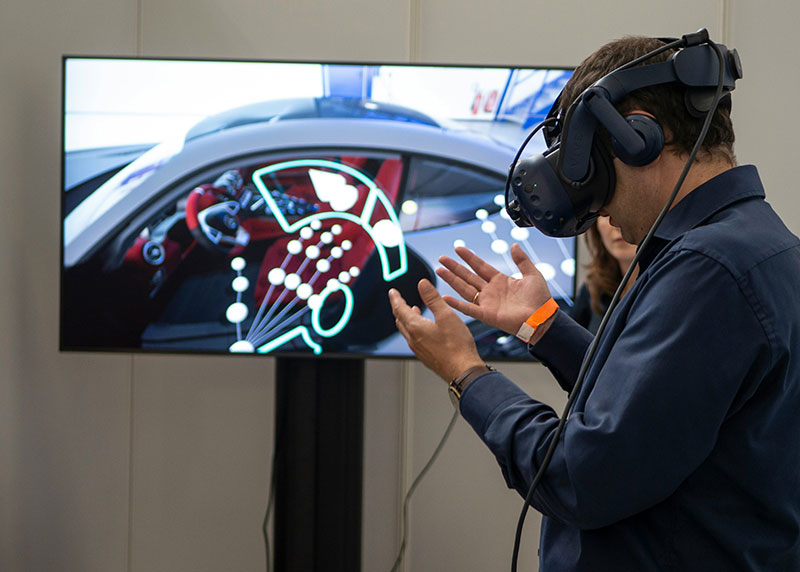AI is transforming the gaming industry, taking player experiences to a whole new level. From creating more realistic NPCs (non-playable characters) to personalizing in-game experiences, AI is making games smarter, more engaging, and more immersive.
One of the most significant ways AI is enhancing gaming is through procedural content generation. AI can create vast, complex game worlds that are unique for each player. Instead of developers manually designing every aspect of the game, AI algorithms can generate terrain, cities, and even entire game narratives on the fly. This ensures that no two playthroughs are the same, adding replay value and excitement for gamers.
AI is also improving the intelligence of NPCs. In the past, NPCs followed simple, pre-programmed patterns, making their actions predictable. Today, AI enables NPCs to learn and adapt to players’ behaviors, making them more dynamic and challenging. This enhances the realism of games, creating more lifelike and engaging worlds.
Beyond gameplay mechanics, AI is also being used for personalized gaming experiences. Game developers can use AI to analyze player preferences, playstyles, and even emotional responses to adjust the difficulty, suggest in-game items, or offer tailored challenges. This level of personalization makes games more enjoyable and keeps players coming back for more.
While the impact of AI on gaming is largely positive, it also raises ethical questions. For example, could AI-driven games manipulate players into spending more money on in-game purchases? As AI continues to evolve, these concerns must be addressed to ensure that gaming remains a fair and enjoyable experience for all.

